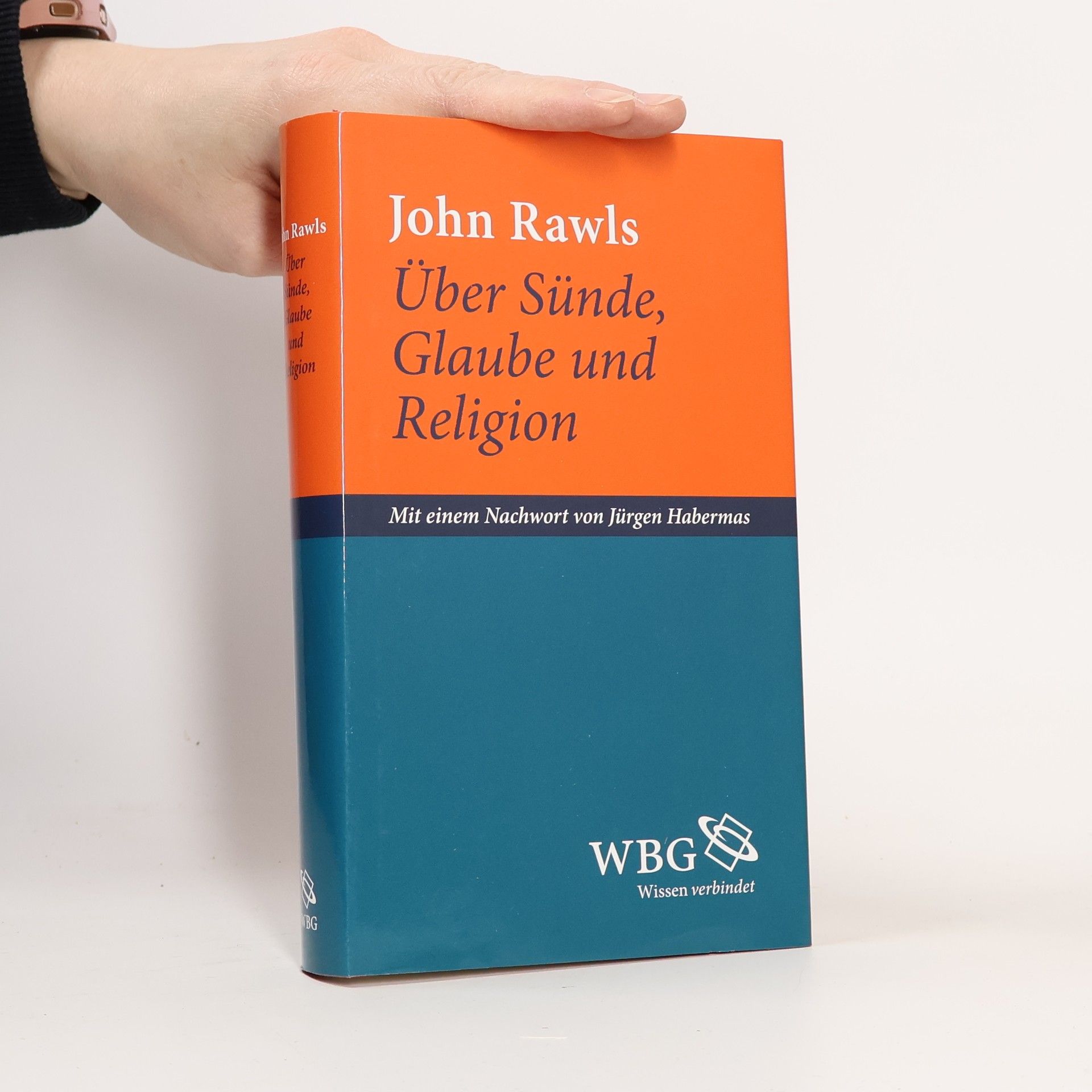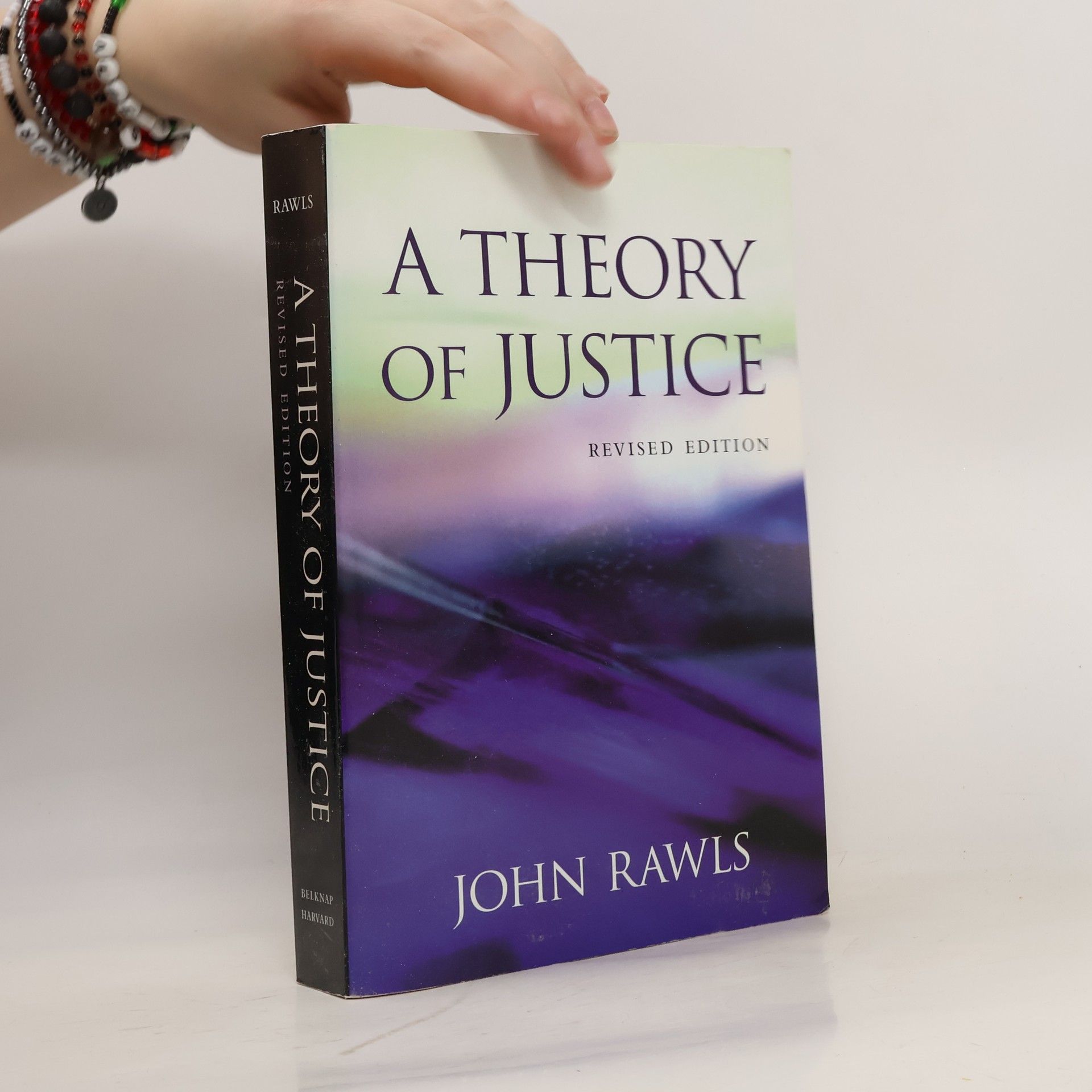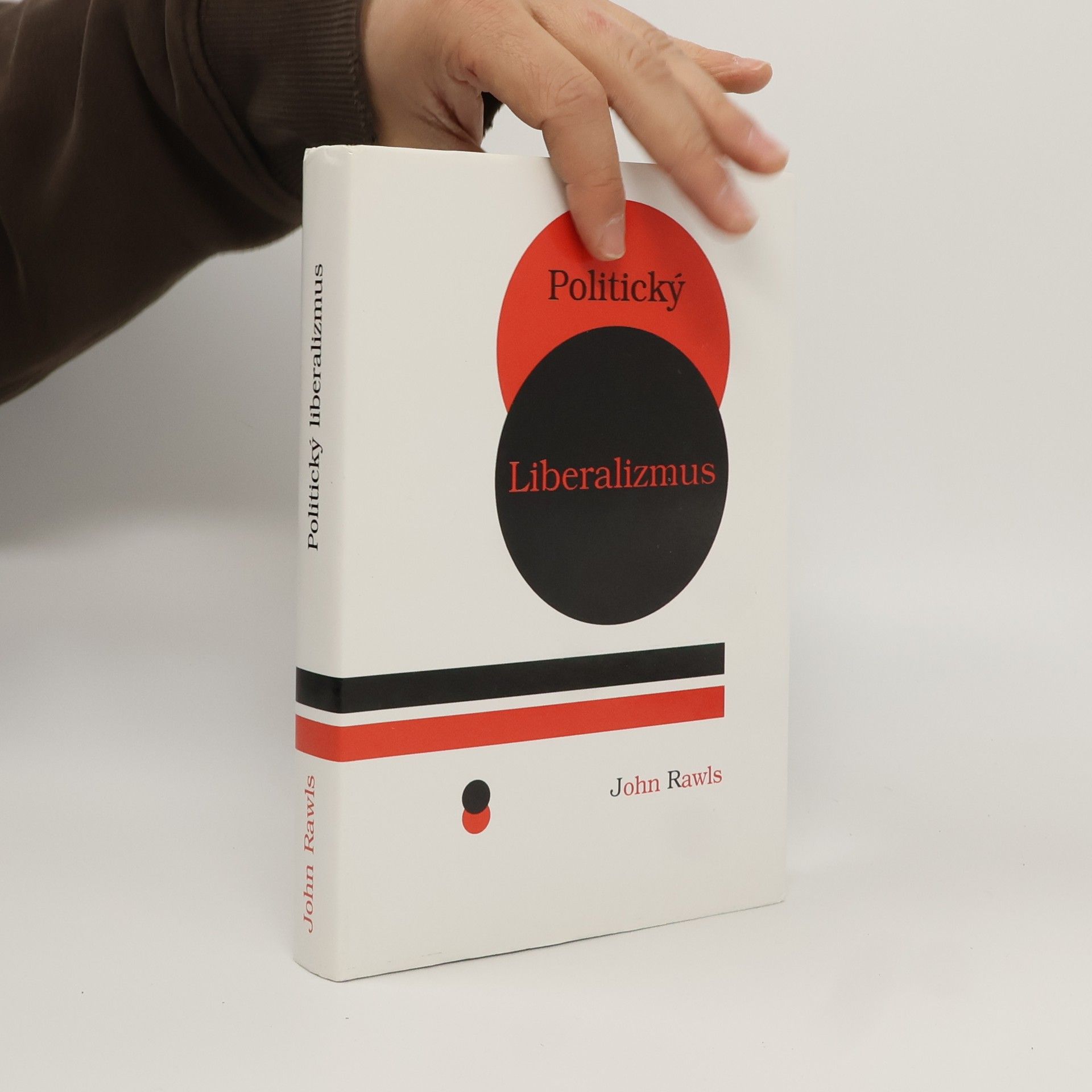John Rawls Pořadí knih (chronologicky)
John Rawls byl americký filozof a klíčová postava morální a politické filozofie. Jeho rozsáhlé dílo, které se stalo jedním z primárních textů politické filozofie, vychází z přesvědčení, že nejrozumnější principy spravedlnosti jsou ty, na kterých by se všichni dohodli z rovnocenné pozice. Rawls využívá myšlenkové experimenty, jako je slavný závoj nevědomosti, k určení spravedlivých dohod, kde jsou všichni nestranně postaveni na roveň. Jeho práce pomohla celé generaci oživit víru v samotnou demokracii.

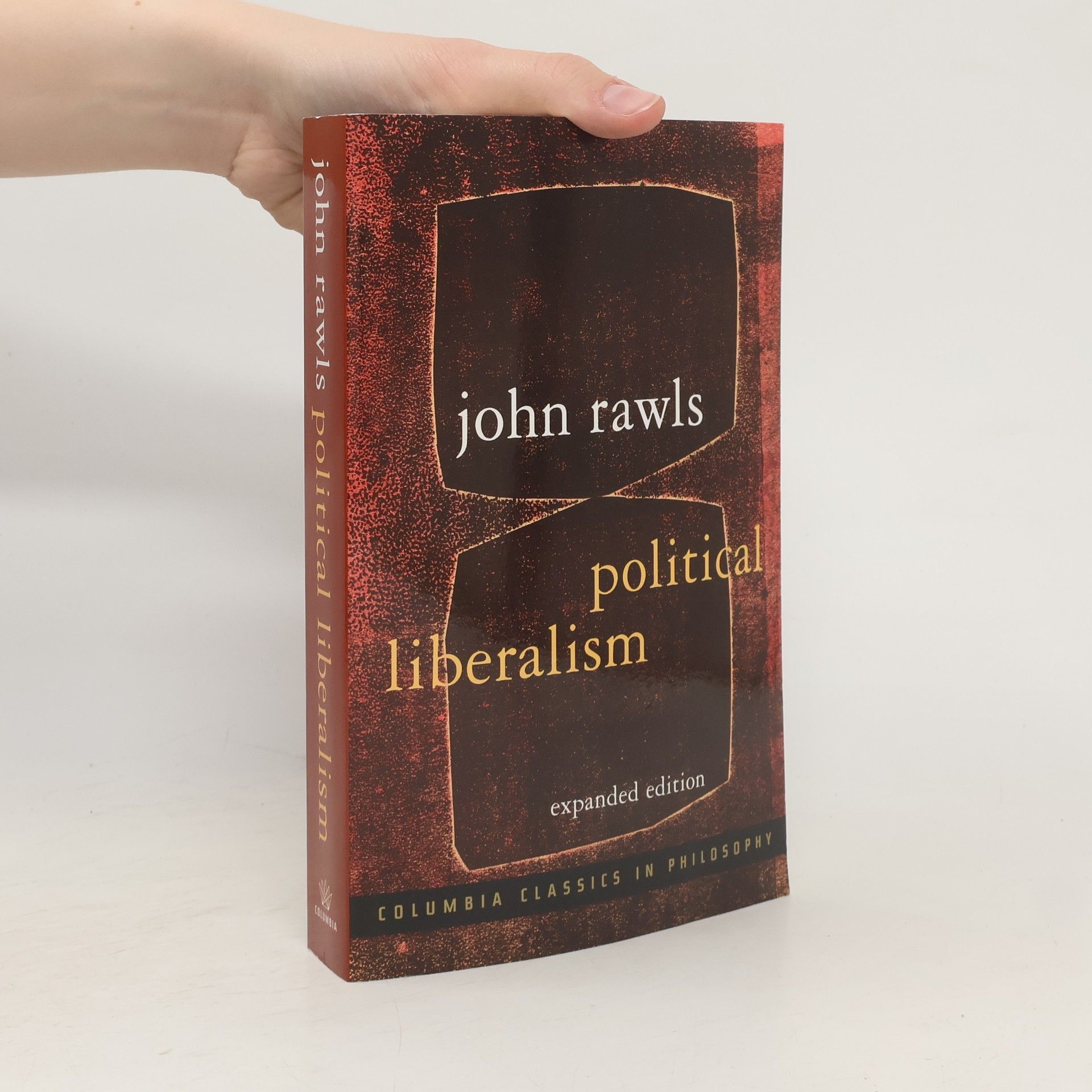


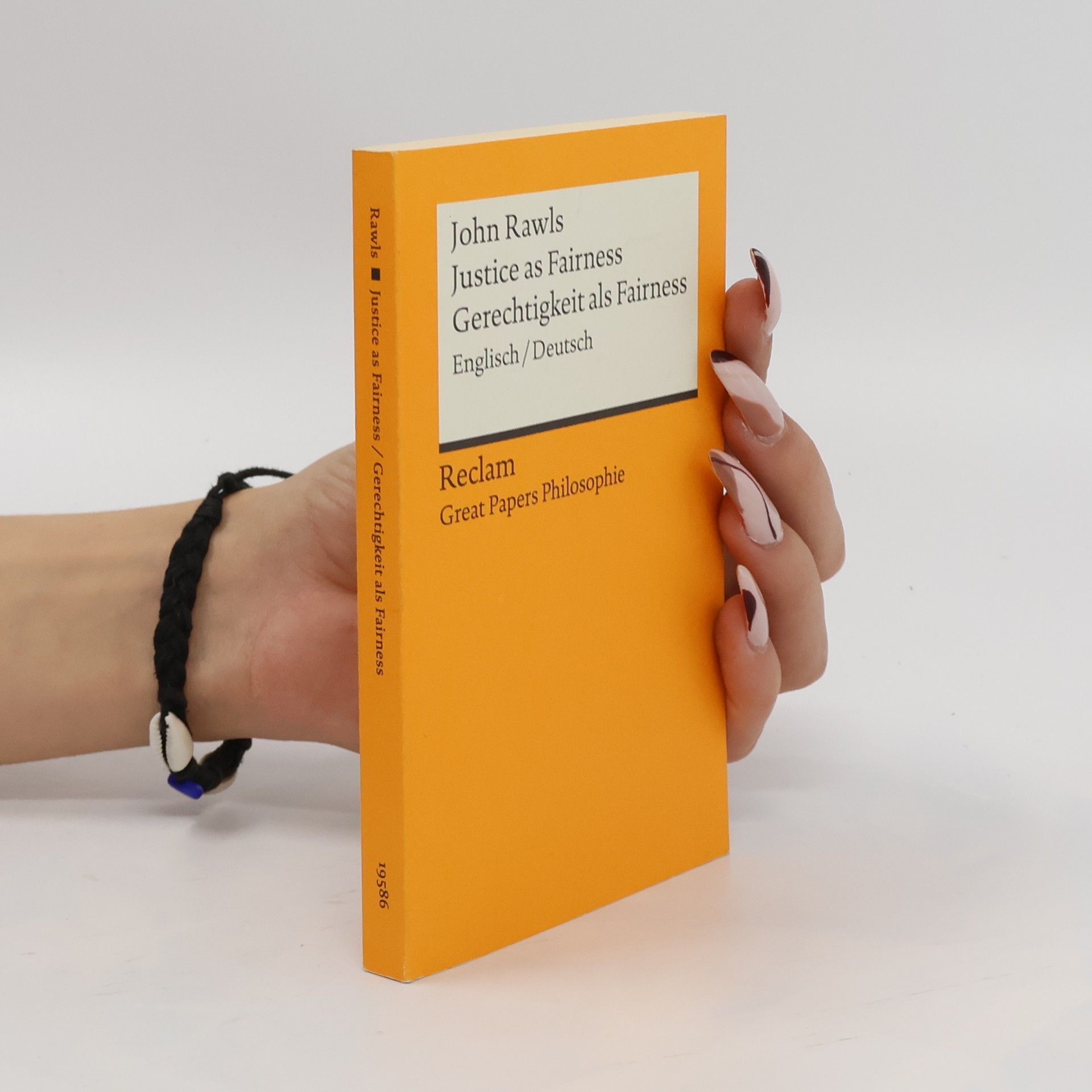


Offers readers an account of the liberal political tradition from a scholar viewed by many as the greatest contemporary exponent of the philosophy behind that tradition.
Gerechtigkeit als Fairneß
Ein Neuentwurf
Politische Gerechtigkeit muß fair sein. Dies war die Kernaussage von John Rawls' Versuch einer Erneuerung der Theorie vom Gesellschaftsvertrag aus dem Jahre 1971. Binnen weniger Monate avancierte sein Werk zu den meistdiskutierten moral- und staatsphilosophischen Programmen der neueren Zeit. Rawls' Gerechtigkeitspostulate und der Aspekt ihrer Durchführbarkeit in bezug auf Institutionen wie auch die Ansprüche an den einzelnen sind als Entwurf einer Gesellschaft, in der das Rechte zugleich als das Gute anerkannt wird, noch immer in der Diskussion. 32 Jahre nach der Veröffentlichung seines fulminanten vertragsrechtlichen Gedankenexperiments, Eine Theorie der Gerechtigkeit, erschien der Neuentwurf, in dem Rawls auf Einwände und Fragen seiner Kritiker reagiert und der nun als Taschenbuch vorliegt. »Das Vermächtnis des amerikanischen Philosophen Rawls.« Die Zeit
The Law of Peoples
- 210 stránek
- 8 hodin čtení
This work consists of two parts: 'The Idea of Public Reason Revisited', published in 1997, and 'The Law of Peoples', a reworking of an article published in 1993. Taken together, they are the culmination of more than 50 years of reflection on liberalism and on some pressing problems of our times. schovat popis
Justice as fairness : a restatement
- 240 stránek
- 9 hodin čtení
This book originated as lectures for a course on political philosophy that Rawls taught regularly at Harvard in the 1980s. In time the lectures became a restatement of his theory of justice as fairness, revised in light of his more recent papers and his treatise Political Liberalism (1993). As Rawls writes in the preface, the restatement presents "in one place an account of justice as fairness as I now see it, drawing on all [my previous] works." He offers a broad overview of his main lines of thought and also explores specific issues never before addressed in any of his writings.Rawls is well aware that since the publication of A Theory of Justice in 1971, American society has moved farther away from the idea of justice as fairness. Yet his ideas retain their power and relevance to debates in a pluralistic society about the meaning and theoretical viability of liberalism. This book demonstrates that moral clarity can be achieved even when a collective commitment to justice is uncertain.
A collection of the lectures on moral philosophy given by John Rawls over three decades of teaching at Harvard. This book looks at thinkers such as Leibniz, Hume and Kant, in their struggle to define the role of a moral conception in human life. schovat popis
A Theory of Justice, Revised Edition
- 560 stránek
- 20 hodin čtení
An alternative cover edition for this ISBN can be found here. Since it appeared in 1971, John Rawls’s A Theory of Justice has become a classic. The author has now revised the original edition to clear up a number of difficulties he and others have found in the original book. Rawls aims to express an essential part of the common core of the democratic tradition—justice as fairness—and to provide an alternative to utilitarianism, which had dominated the Anglo-Saxon tradition of political thought since the nineteenth century. Rawls substitutes the ideal of the social contract as a more satisfactory account of the basic rights and liberties of citizens as free and equal persons. “Each person,” writes Rawls, “possesses an inviolability founded on justice that even the welfare of society as a whole cannot override.” Advancing the ideas of Rousseau, Kant, Emerson, and Lincoln, Rawls’s theory is as powerful today as it was when first published.
Rawlsova práce Právo národů předkládá politické pojetí mezinárodního uspořádání, které aplikuje na normy mezinárodního práva.
